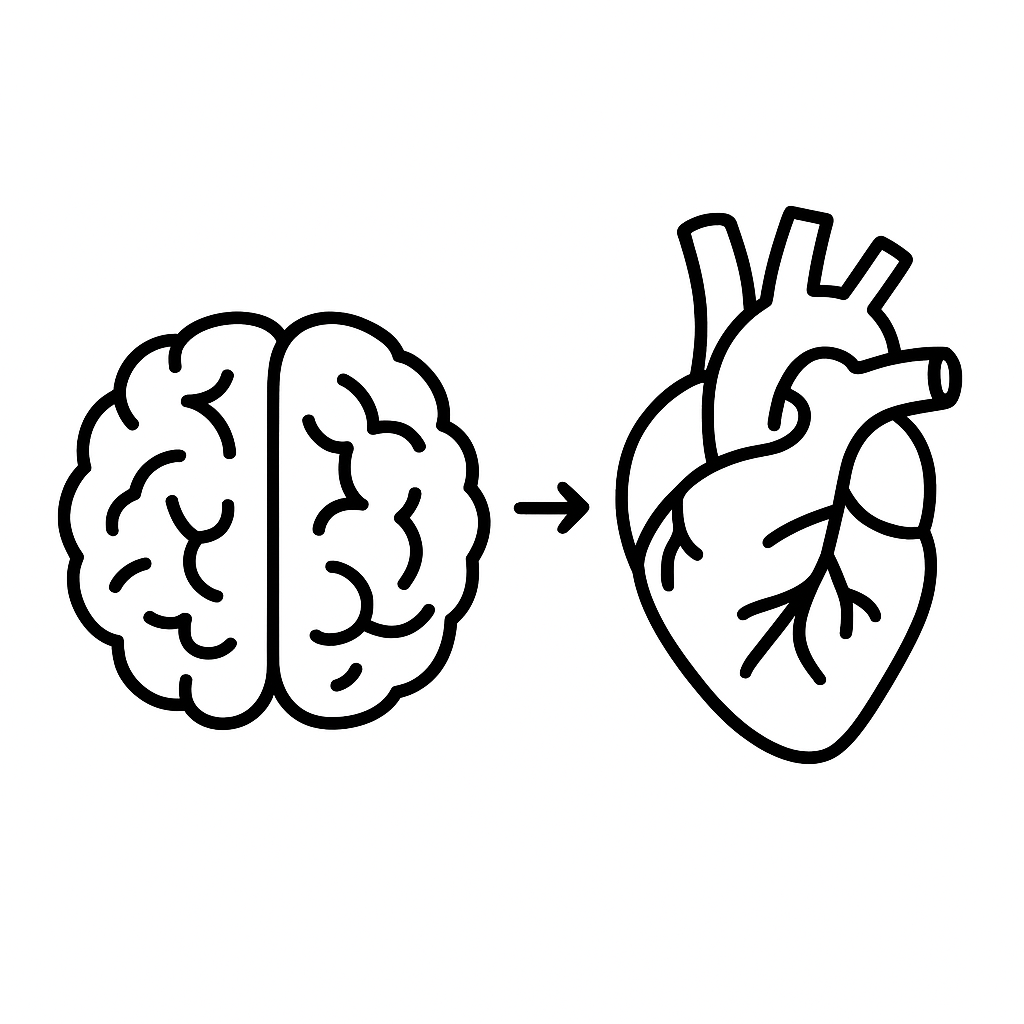
About Course
This module on Advanced Human Physiology and Pathophysiology offers a comprehensive exploration of critical physiological and pathophysiological processes. It aims to deepen students’ understanding of the mechanisms underlying key diseases, their clinical manifestations, and the therapeutic strategies used in healthcare. Key topics covered include:
- Hypertension: The module begins with a detailed examination of blood pressure regulation mechanisms and the pathogenesis of primary and secondary hypertension. Students will explore the long-term complications associated with hypertension, such as stroke and heart attack.
- Ischaemic Heart Disease: This section covers the pathophysiology of ischaemic heart disease, focusing on atherosclerosis, plaque formation, and the mechanisms leading to angina and myocardial infarction. Risk factors and prevention strategies are also discussed to provide a comprehensive understanding of the disease.
- Heart Failure Mechanisms: Students will delve into the types of heart failure, distinguishing between systolic and diastolic forms. The module covers the pathophysiological changes, compensatory mechanisms, and the clinical stages of heart failure, highlighting the complexity of this condition.
- Neurodegenerative Disorders: The course examines the pathogenesis, risk factors, and symptoms of Alzheimer’s and Parkinson’s diseases. Topics include amyloid plaques, neurofibrillary tangles, dopamine depletion, and the progression of these disorders.
- Pain Pathways and Analgesia: This section provides insights into different types of pain, nociceptive pathways, and pain modulation mechanisms. It also covers both pharmacological and non-pharmacological approaches to pain management.
- Diabetes Mellitus: Students will explore the types of diabetes, the pathophysiology of hyperglycaemia, and the complications associated with the disease, such as ketoacidosis and neuropathy. The module includes management strategies that combine pharmacological interventions and lifestyle modifications.
- Thyroid Disorders: The module covers the causes, symptoms, and treatments of hypothyroidism and hyperthyroidism, along with the pathophysiology of thyroid hormone synthesis and regulation. It also includes detailed discussions of adrenal gland disorders, such as Cushing’s syndrome and Addison’s disease, which affect cortisol levels and adrenal function. Diagnostic approaches, including TSH, T4, T3, cortisol, and ACTH tests, are discussed to provide a complete picture of these endocrine disorders.
Through detailed notes and practice questions, students will not only master the scientific principles but also appreciate the clinical implications of physiological and pathophysiological concepts in healthcare. This information is intended as a study guide and is not a substitute for attending lectures, reading textbooks, or seeking clarification from your professors.
Course Content
Hypertension
-
07:36
-
Pathogenesis of Primary and Secondary Hypertension
41:56 -
End of Topic Quiz
Ischaemic Heart Disease
Heart Failure Mechanisms
Alzheimer’s Disease
Parkinson’s Disease
Pain Pathways and Analgesia
Diabetes Mellitus
Thyroid Disorders
Cushing’s vs Addison’s Disease
Student Ratings & Reviews

No Review Yet